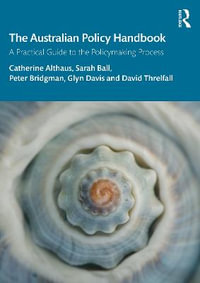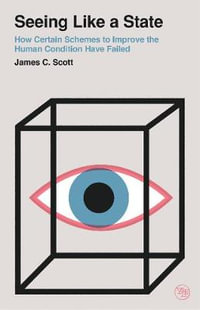The twenty-first century's great geopolitical contest has begun. A major trade war has broken out. American and Chinese naval vessels are having close encounters in the South China Sea. American congressmen and businessmen are cheering their government's public attacks on China. China is standing firm and resolute. Who will win this contest? What is at stake? And who will judge the winner?
In this book, Kishore Mahbubani evaluates the two sides, and shows how China has been thinking on a global scale, launching ambitious initiatives under some of the world's most pragmatic and competent leaders. Most critically, the Chinese people have regained their cultural confidence. Chinese society is now infused with innovation and dynamism. Meanwhile, America has seen the power of its economic model badly damaged by the 2008 financial crisis. To many it is no longer the indispensable nation but an awkward interloper.
The global rise of China and the relative strategic decline of the US presents a political challenge that the US has never faced before. American policymakers must shake off their complacency and launch a major strategic reboot of both domestic and foreign policies that have weakened the nation's social foundations and global standing. Otherwise, the start-up nation, barely two hundred and fifty years old, with only a quarter of China's population, cannot expect to defeat the world's oldest continuous civilization. With his trademark candor, Mahbubani delivers impartial and incisive insights on the strategic stakes and mistakes in this new great game.
About the Author
Kishore Mahbubani is a veteran diplomat, student of philosophy, and celebrated author; he is currently a Distinguished Fellow at the National University of Singapore's Asia Research Institute. Mahbubani is also a former President of the UN Security Council (Jan 2001, May 2002) and the Founding Dean of the Lee Kuan Yew School of Public Policy (2004-2017). Mahbubani writes and speaks prolifically on the rise of Asia, geopolitics and global governance.
eight books and articles in the
New York Times, Washington Post, Financial Times and
Foreign Affairs have earned him global recognition as "the muse of the Asian century." He was inducted into the American Academy of Arts and Sciences in October 2019.

























